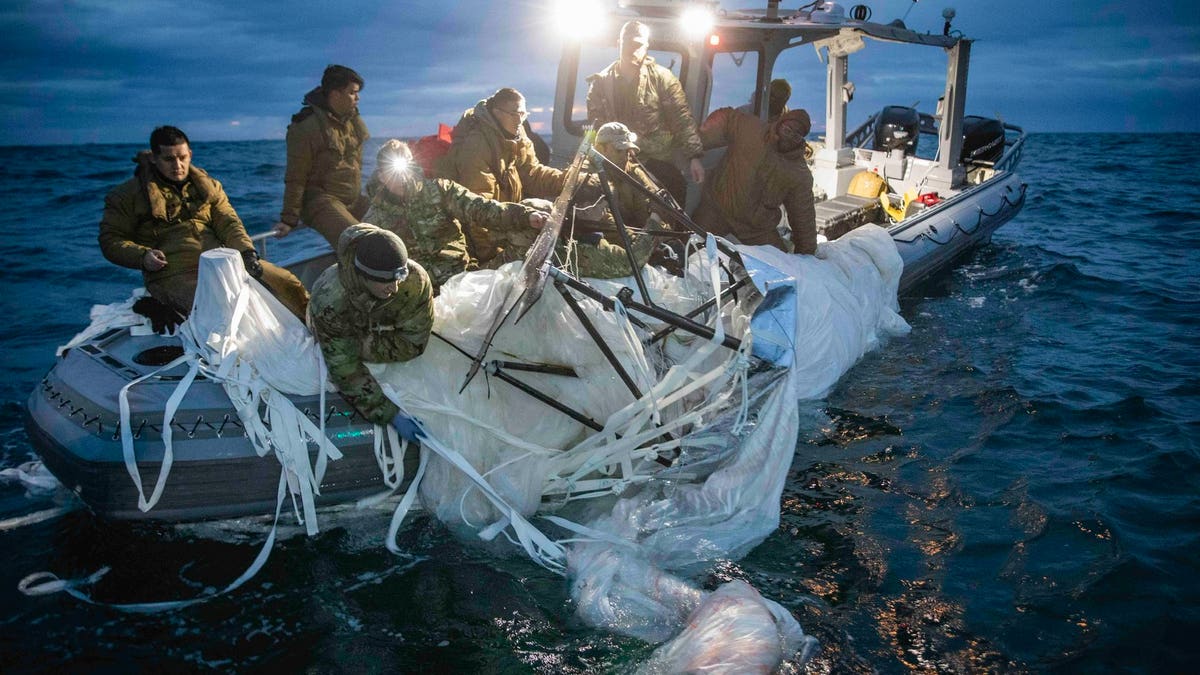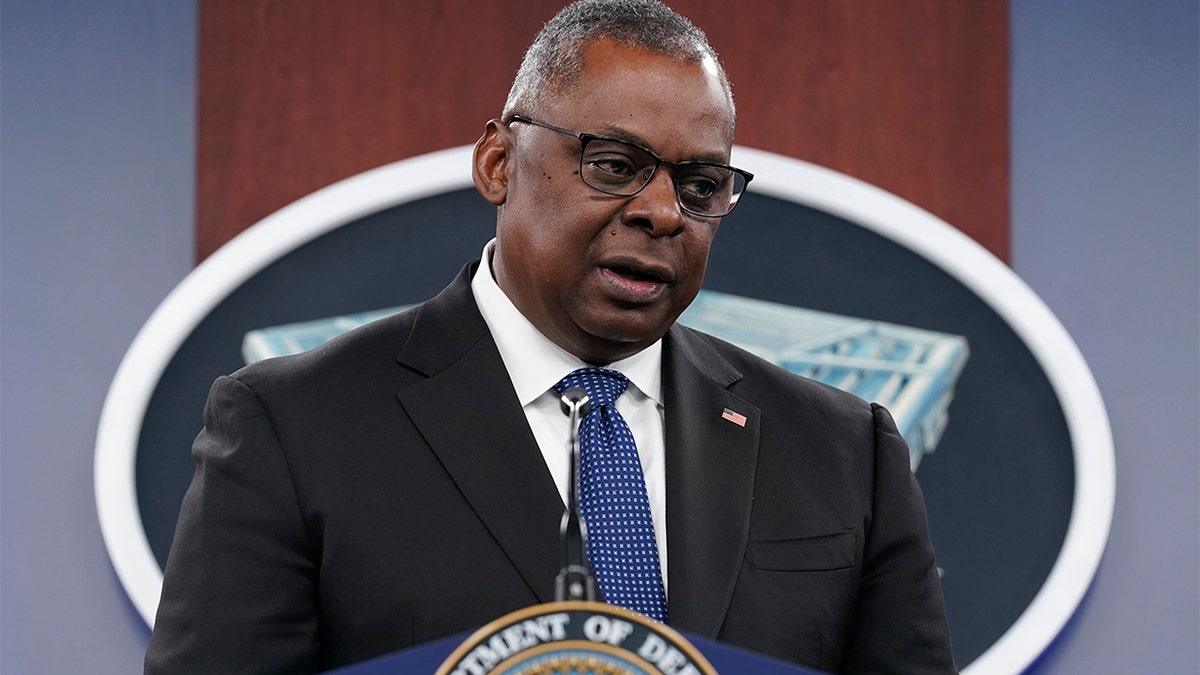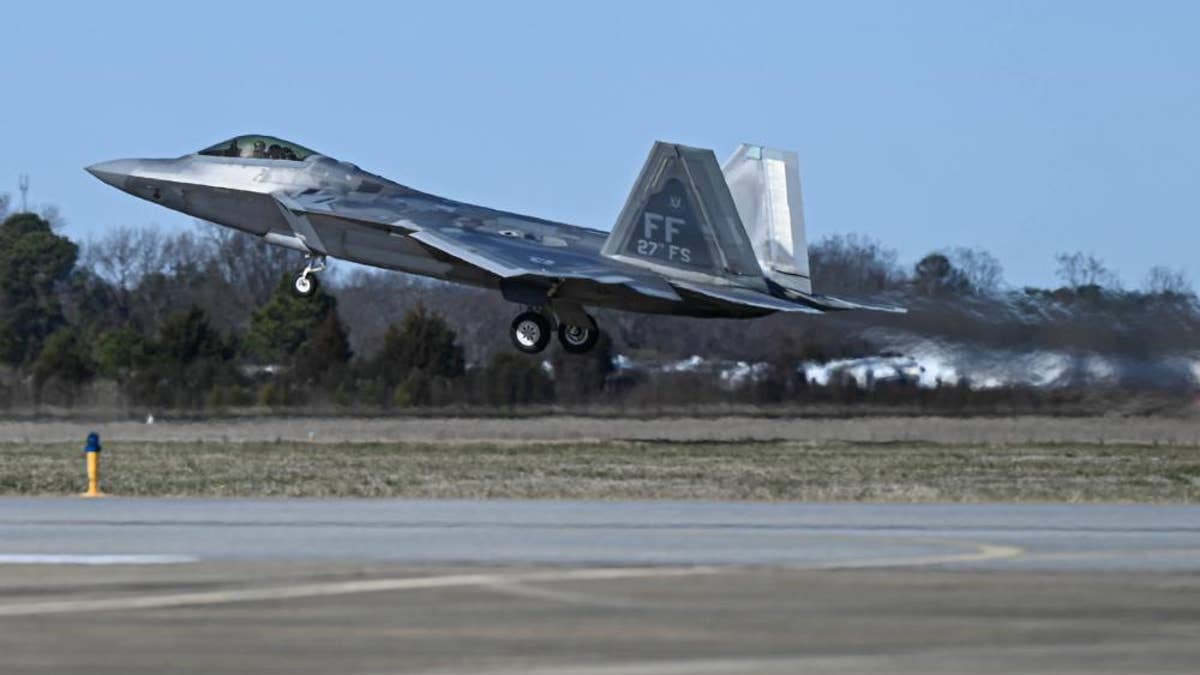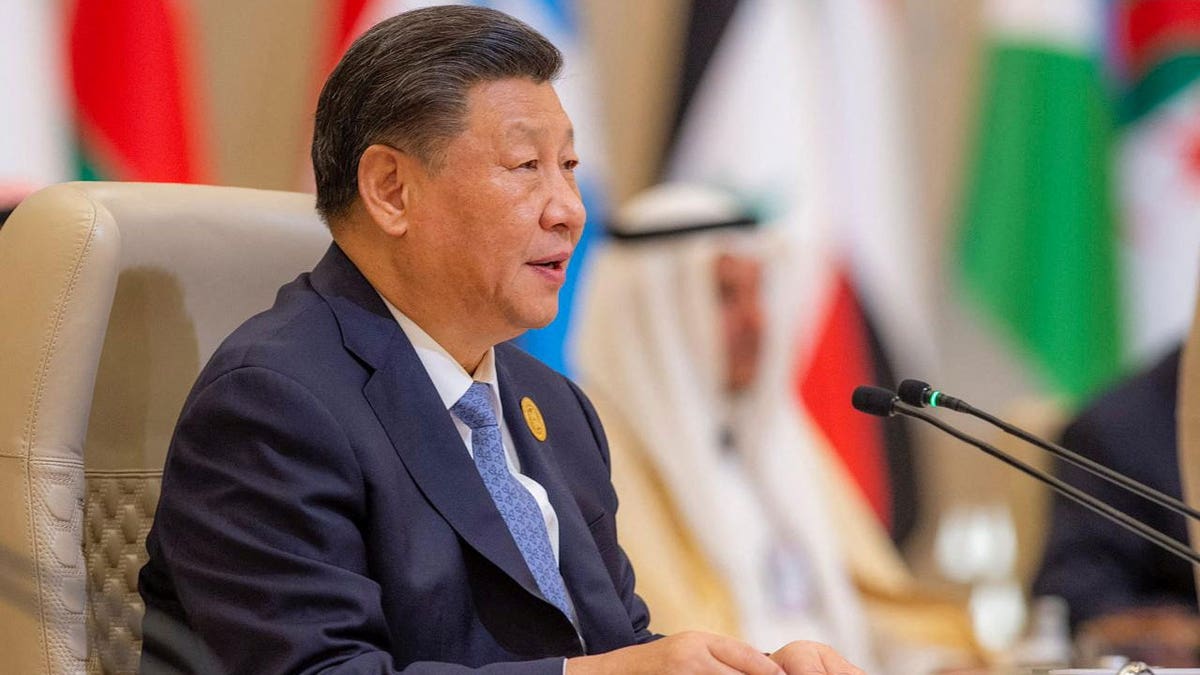US Navy recovery of Chinese spy balloon continues
Live from the scene at Myrtle Beach, SC, correspondent Bryan Llenas reports on efforts by the Navy to recover the remains of the Chinese spy balloon shot down on Saturday on 'The Faulkner Focus.'
China's defense ministry rejected a request to speak from Defense Secretary Lloyd Austin after the U.S. shot down China's surveillance balloon last week, and China's top-level officials have remained silent since.
Austin requested a call with Chinese Defense Minister Wei Fenghe through secure channels immediately after the U.S. shot down the surveillance balloon off the coast of South Carolina on Saturday. The ministry rejected that request and has left only low-level communications channels open, Pentagon spokesman Air Force Brig. Gen. Pat Ryder said Tuesday.
"We believe in the importance of maintaining open lines of communication between the United States and the PRC in order to responsibly manage the relationship," Ryder told reporters. "Unfortunately, the PRC has declined our request. Our commitment to open lines of communication will continue."
Since the shootdown, China's only communications have come in formal messages from its foreign ministry and its embassy in the U.S. China derided the shootdown as an "overreaction" this week and has stuck to its claims that the surveillance craft was an off-course weather balloon.

U.S. forces haul debris from China's surveillance balloon onto a boat off the coast of South Carolina. (US Fleet Forces)

Defense Secretary Lloyd Austin has not spoken to his Chinese counterpart since the U.S. shot down china's surveillance balloon. (AP Photo/Susan Walsh)
Chinese Foreign Ministry spokesperson Mao Ning held a press conference regarding the incident on Tuesday, revealing China's demand that the U.S. return the balloon debris to Beijing. The U.S. has already recovered much of the balloon and has transferred it to FBI custody for analysis.
"The airship does not belong to the U.S. It belongs to China," Mao told reporters, before resorting to China's scripted response on the issue.
AIR FORCE WARNS CHINESE COMPANY'S NORTH DAKOTA MILL WOULD BE 'SIGNIFICANT' NATIONAL SECURITY THREAT
"The unmanned Chinese airship is of civilian nature. Its unintended entry into U.S. airspace is entirely unexpected and caused by force majeure. It didn’t pose any threat to any person or to the national security of the U.S. The U.S. should have properly handled such incidents in a calm and professional manner not involving the use of force, yet they decided to do otherwise, which is a clear overreaction," she continued.
Biden is said to have ordered the Chinese craft shot down on Wednesday of last week, but the military advised holding off until the balloon was over open water for safety purposes.

An F-22 fighter jet takes off from Langley Air Force Base to shoot down China's spy balloon. (US NORCOM)

China's top officials have gone silent on the U.S. counterparts after the U.S. shot down China's surveillance balloon. (Saudi Press Agency/Handout via REUTERS)
NORAD chief Gen. Glen VanHerck spoke to reporters in a press call on Monday and faced questions as to why the U.S. did not shoot down China's surveillance craft as it crossed Alaska's Aleutian Islands earlier in the week. VanHerck confirmed that NORAD had detected the craft before it entered Alaskan airspace, but said he "could not" take immediate action because the balloon did not pose a direct threat.
CLICK HERE TO GET THE FOX NEWS APP
Republicans on Capitol Hill have blasted Biden's handling of the incident and are demanding to know further information about what intelligence the Chinese craft may have gathered during its journey across the U.S.


